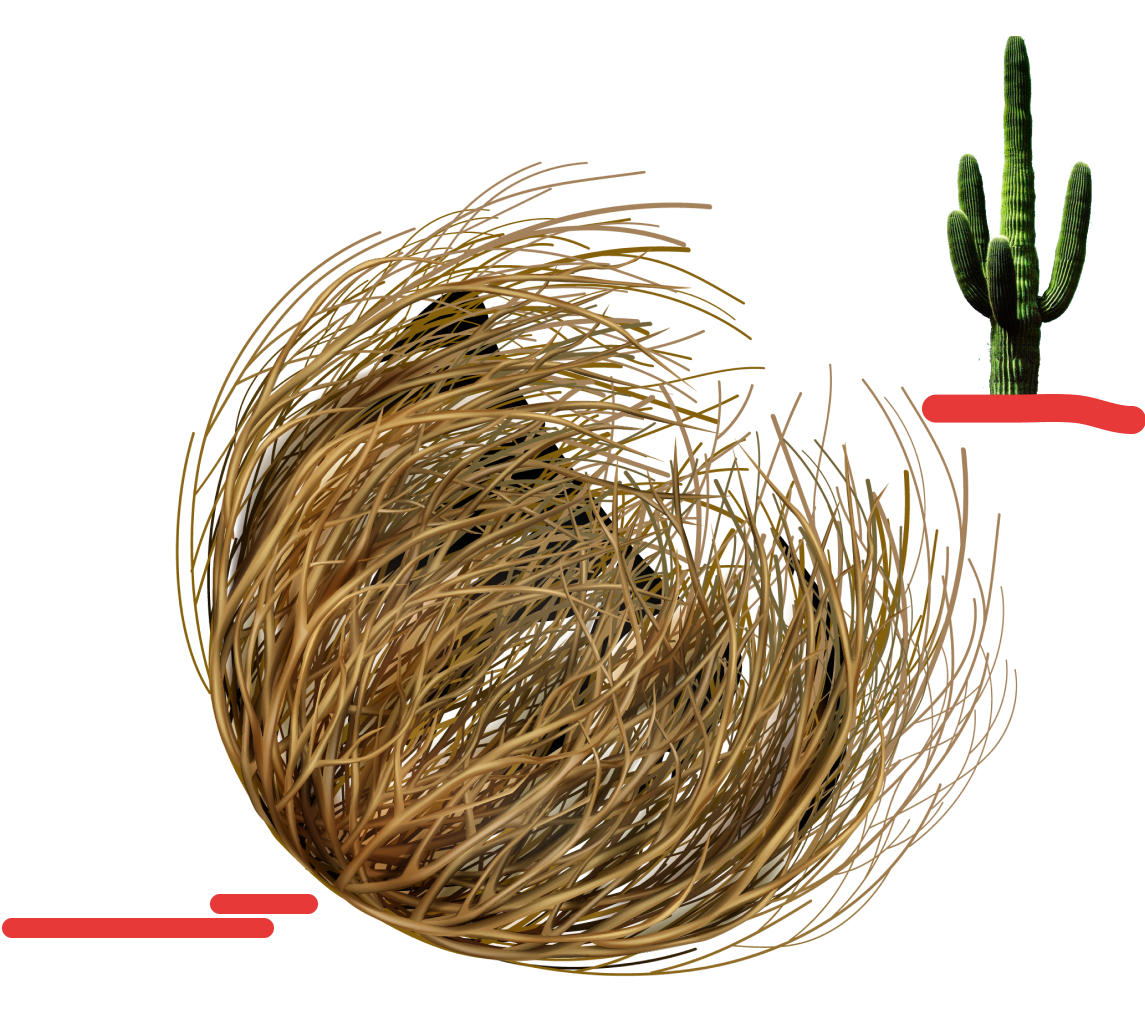Phrasal verbs in English

Phrasal verbs are specific phrases that indicate an action.
They are commonly used by native English speakers but often lack direct translations in other languages and cannot be translated literally. Such verb combinations enrich language, adding variety and nuance to communication.
Contents
1. What are phrasal verbs?
2. Types of phrasal verbs in English
2.1. Transitive
2.2. Intransitive
2.3. Separable
2.4. Inseparable
3. The table of the most common phrasal verbs in English
4. FAQ
In this article, we will cover the rules for using phrasal verbs, their types in English, and provide a table of the most common examples of their usage in sentences.
What are phrasal verbs?
Phrasal verbs are expressions composed of two or three words, where the first word is a verb and the following words are prepositions (or less commonly, adverbs). It’s important to understand that such verbs give a sentence a completely new meaning, sometimes altering its sense, so they should be used carefully and thoughtfully.
They should be viewed as a single unit rather than separate parts of speech. Let's look at two sentences:
- Look, this kitten is sleeping!
- It seems to me that the situation started to look up some days ago.
As we can see, these sentences have entirely different meanings. In one case, the verb "look" means "to watch," "to glance," or "to observe," while in the other, it can be rephrased as "to improve." This demonstrates how a small preposition added to a verb can completely change the meaning of the entire sentence.
If you would like to learn even more information on this topic, we suggest you take a look at the course on travelling phrasal verbs and the course on emotional phrasal verbs.
Types of phrasal verbs in English
The main types of these verbs in English are:
- Transitive
- Intransitive
- Separable
- Inseparable
There are many possible combinations of verbs, so let's examine each type in detail, along with examples.

Transitive
Transitive ones are used only with an object and cannot stand alone in a sentence. Let’s look at a few examples of sentences:
- Nancy decided to give up drinking vodka.
- Richard came across his young photos and was really happy.
Intransitive
Intransitive ones do not require an object to follow them; they do not need a specific word or phrase in the sentence to complete their meaning. Let's look at some examples:
- Sometimes I wake up in the morning feeling some kind of famine.
- Amy Winehouse passed away when she was 27.
Sometimes intransitive verbs can become transitive:
- Thanks God, our relationships with Jeremy started to look up.
- You’d better look up the word fiancé in the French dictionary.
Separable
Separable ones can be split by other words. In these constructions, the prepositions can appear either before or after the verb.
- Put your coat on, it’s really cold outside.
- Put on your coat, it’s really cold outside.
Inseparable
Inseparable ones cannot be separated. In these cases, the preposition is never separated from the verb.
- Actually, it’s Linda who came up with that brilliant idea.
- I need to finish my essay today, that’s why I should get on with it now.
The table of the most common phrasal verbs in English
Now, let's look at the most common and frequently used verbs:
|
Phrasal verbs |
Examples |
|
Ask for smth/smb |
Try to ask for some water, if you don’t have a bottle with you. |
|
Agree with someone |
Actually, Susan has totally agreed with me. |
|
Back off |
Why are you so angry about this? Tell John to back off, that’s not his business. |
|
Be back |
I hope that she will be back till the end of the summer. |
|
Be over |
The game is over. |
|
Blow out |
We have no electricity right now, be careful, don’t blow out the candles. |
|
Break in (into) |
Ann and David were sleeping when suddenly the robbers broke into the house. |
|
Break down |
Yesterday my favorite bicycle broke down. |
|
Break up |
Mary and Chris broke up after she had seen Chris kissing another girl. |
|
Call back |
I will call you back tomorrow after the meeting. |
|
Check in |
At half past 6 my family and I checked in. |
|
Check out |
After we checked out, we went to the airport. |
|
Catch up |
That’s fantastic, my cat won’t catch up а mouse even when it is not far from him. |
|
Clean up |
Unless you clean up your bedroom, you won’t go to the yard. |
|
Come back |
I want Peter to come back as soon as possible. |
|
Come from |
We come from Ukraine and we are proud of it! |
|
Come up with |
Actually, it’s Linda who came up with that brilliant idea. |
|
End up |
Ann has never thought she ended up in Paris. |
|
Find out |
How did Harry find out this information? Did anyone help him? |
|
Get along |
My mum and my husband are getting along better. |
|
Get around to |
My sister finally got around to playing the piano. |
|
Get over |
It took her a lot of years to get over the fact that Jimmy had died. |
|
Get up |
Every day Tom gets up at 5 a.m. |
|
Give up |
Don’t give up even if sometimes something is not okay. |
|
Go out |
What do you think about going out tonight? |
|
Grow up |
My brothers and I grew up in London, however since 2012 we have been living in Dublin. |
|
Hold on |
Hold on a second, Mary is checking out the information. |
|
Let in |
That was a shock for everyone, but Jessica opened the door and let David in. |
|
Look ahead |
It’s vital for our strategic department to look ahead and understand which market trends will dominate in the nearest future. |
|
Look back |
When I look back, I can see what was wrong with me. |
|
Look for |
Could you please look for this word in the dictionary? |
|
Make up |
I’ve already made up with Kate. |
|
Pass away |
Princess Diana passed away in 1997. |
|
Pick up |
Can you pick up a phone? I’m a little bit busy right now. |
|
Point out |
You’d better point out the fact that Sarah was fired from her previous job. |
|
Put on |
Put your coat on, it’s really cold outside. |
|
Run out |
We ran out of milk, could you buy it in the supermarket please? |
|
Show off |
It always drives me crazy when my man is showing off. |
|
Shut up |
Shut up please! I can’t hear a word Lola is saying to me. |
|
Sit down |
I will sit down if you don’t mind. |
|
Stand out |
Teenagers want to stand out from the crowd very often. |
|
Take away |
Take all your dirty clothes away immediately, your bedroom is a mess! |
|
Wake up |
Helen usually wakes up at 10 a.m. |
|
Walk away |
We were trying to walk away, but they didn’t let us. |
|
Write down |
Could you please write down your surname on the paper? |
FAQ
1. What are phrasal verbs?
It’s a lexical construction in English that consists of a verb and/or a preposition/adverb, thereby forming a new fixed expression.
2. What are some examples of phrasal verbs?
- Look after
- Bring up
- Find out
- Take care of
- Grow up
3. How are phrasal verbs formed?
They are formed by combining a verb with a preposition/adverb or, in some cases, with both a preposition and an adverb simultaneously.
4. How to understand phrasal verbs in English?
In English, there are around 5,000 phrasal combinations, so it's not only impractical but also unnecessary to learn all of them. Usually these phrases have synonyms in the form of simple verbs. Therefore, practicing English is a helpful way to remember and use them effectively.
5. How to remember phrasal verbs?
For a better understanding of this topic, we recommend taking a course from the online marketplace Booyya.
